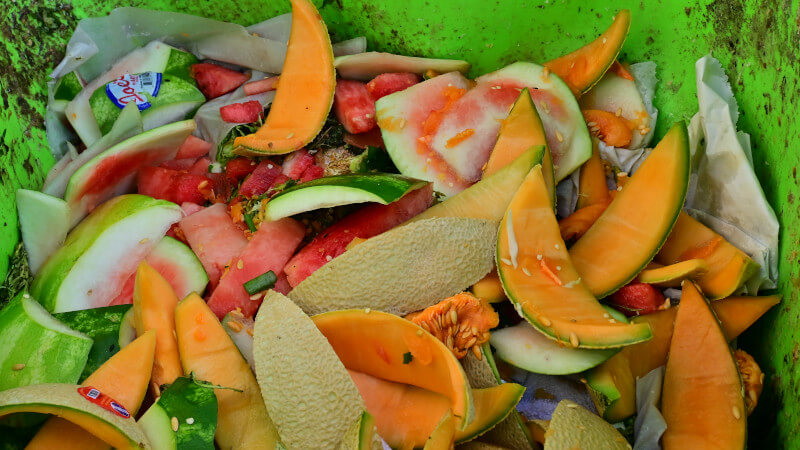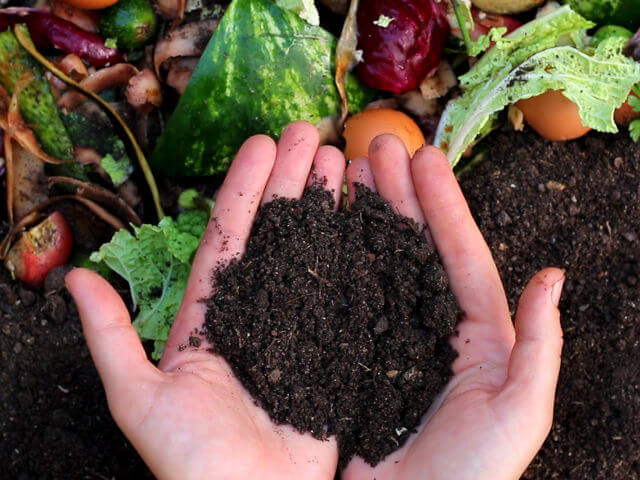"Compost is the product manufactured through the controlled aerobic, biological decomposition of biodegradable materials. The product has undergone mesophilic and thermophilic temperatures, which significantly reduces the viability of pathogens and weed seeds and stabilizes the carbon such that it is beneficial to plant growth. Compost is typically used as a soil amendment, but may also contribute plant nutrients."
Fights Climate Change
Reduces greenhouse gas emissions at the landfill and sequesters carbon from the atmosphere when applied to soil.
Improves Public Health
Reduces effects of erosion and drought; improves soil, plant health, and water quality.
Reduces Pollution
Replacement for chemical fertilizers, which cause eutrophication, algal blooms, and fish die offs.
Landfill Diversion
Building landfills is expensive; diverting organics extends the life of existing landfills, and compost facilities will never "fill up" like landfills.
Circular Economy & Jobs
Composting turns waste products into a new, valuable resource that can be sold back into the community, generating local revenue and new jobs.


- EGLE MI Environment Story & Facility Spotlight
- MEC Capitol Connection - Food Waste & Climate Change Webinar
- Testifying before the Michigan House of Representatives (begins at timestamp 08:30)
- Meridian Green Team Tours Composting Facility
- Recycling law overhaul includes composting
- Voyage Michigan - Local Stories
- These 3 Detroit restaurants are tackling climate change in the kitchen
- Biodegradable Products Institute (BPI)
“The BPI Certification Mark indicates the end-of-life opportunity for a compostable product. BPI Certification guides manufacturers in designing items, understanding what ingredients they can use, and how to make an independent compostability claim that consumers and composters can trust. The BPI Certification Mark helps consumers to identify and trust that an item is compostable and can be diverted with food scraps where programs exist. Composters are able to identify and trust that certified products mixed with food scraps and yard trimmings will break down during the regular composting process and will not negatively impact compost quality.” - Seal of Testing Assurance (STA) Program
The US Composting Council’s STA Certified Compost Program ensures clarity, consistency, and confidence for consumers of compost and soil products. My Green Michigan works with reputable facilities who produce certified products which are manufactured and tested to meet high quality standards.

